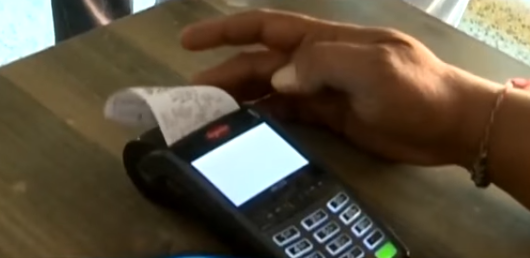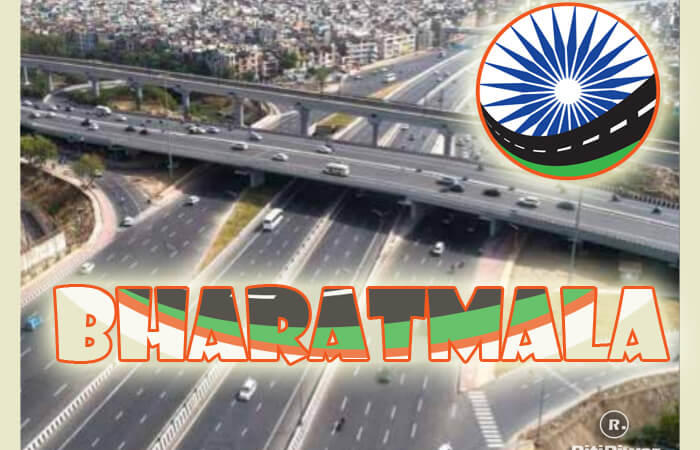India is on track to become cashless country.

The best way to eliminate Black money is to become a cashless country. Sweden is one country where cash transactions have decreased to just three percent in the national economy. Sweden could be the first country to go cashless. Denmark, Sweden, and Norway are already on a way to become cashless, they are making progress in replacing cash with non-cash transactions using cards, apps, and internet banking.
The main reason behind it is the same everywhere – cash trails are hard to trace, leaving doors open for frauds, corruption, and burglary. As cash permits anonymity in transactions, it leaves the door open for tax evasion and even funding low-cost terrorism.
Black money continues to be a major hurdle in the country’s inclusive development. In this context, cashless transactions are suggested as one of the major ways the black money menace can be tackled. The move to a cashless economy this is a good way to eliminate black money. The way to move to a cashless economy is by removing the hurdles of cashless transactions. Current Jan Dhan Yojana has helped the penetration of bank accounts. To leverage this by way of mobile phone is facilitated by currently launched Unified Payments Interface. Thus all that is required now is to increase the awareness, improve e-literacy by free training at banking centers, and further reduce the cost of cashless transactions.
Benefit in being cashless country-
1. Corruption at grass root will be reduced, and there will be efficiency in public officers. and a holistic distribution of public funds.
2. Reduce tax evasion making more money available for education and other social sector schemes.
3. The burden of printing cash will be eliminated.
4. Prevent the circulation of fraudulent currency and help in stabilizing the economy for the better.
5. Corruption in the public funds, such as in Road building, the school building will be reduced.
6. money laundering and black money transfer from one country to another will be difficult.
Its Drawbacks-
India’s maximum population is dependent on agriculture and is illiterate also so it will be difficult for that sector of citizens. Risk of cybercrimes, illegal hacking, unorganized, informal sectors and people’s perception are few barriers to a cashless economy.
Government effort at reform and smartphone penetration is bringing India to a platform where the cashless transactions will be most preferred. However, illiteracy and less penetration of banks in rural areas are some challenges that need to be tackled by way of conventional inclusive development measures.






